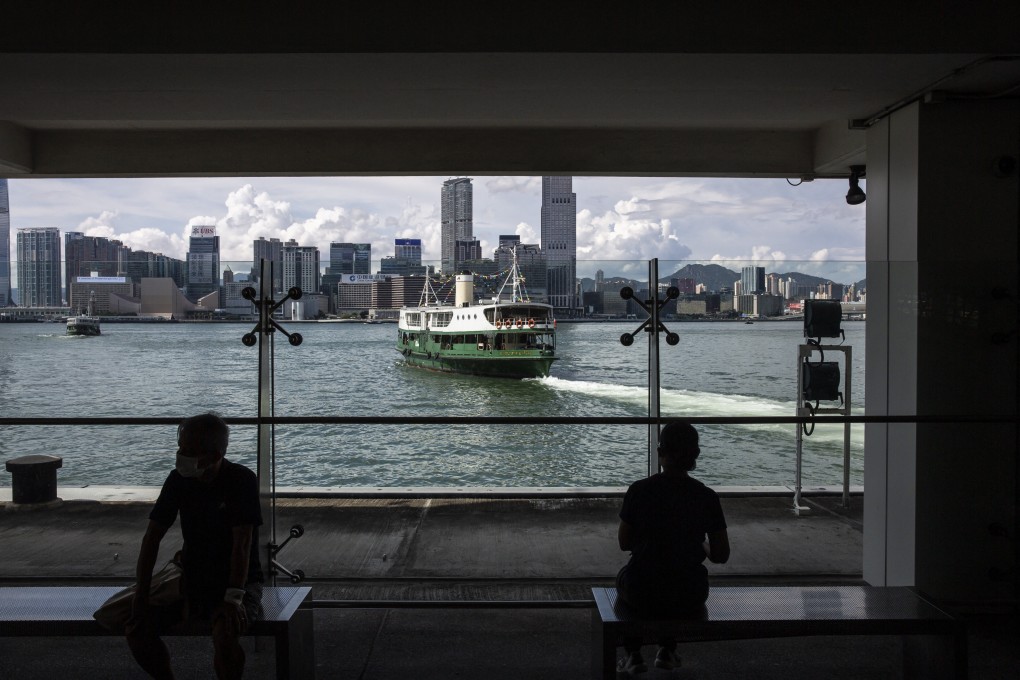Destinations known | Why Hong Kong’s travel restrictions are hurting more than just its tourism industry – the spirit of the city itself is being eroded
- Without the means or the desire to spend weeks in hotel quarantine, some who left the city to visit family overseas have simply decided to stay there
- With recent reports that the mainland will not open its border with Hong Kong until after the Beijing 2022 Winter Olympics, we could be set to lose more yet

The international image of Hong Kong is built on clichés, perhaps none more foundational than that it is “Asia’s World City”, with all the freewheeling, East-meets-West appeal that encompasses. This image is fundamentally flawed. Those free wheels have all but stopped turning, East and West have turned on each other, and as for this “world city”, right now it feels more like a walled city.
The travel restrictions imposed on Hong Kong to keep the coronavirus out are among the strictest in the world, we are repeatedly told, as though that is something to be proud of – and are subject to capricious changes. Naturally, the city’s tourism industry, and all those employed in its ancillary services, have been casualties of our closed borders.
In a March research memorandum, the Hong Kong Monetary Authority (HKMA) noted that: “Hong Kong’s inbound tourism has quickly turned into a bust amid the Covid-19 pandemic, and there are concerns over the scarring effect of this crisis on the subsequent labour market recovery.”
You don’t say!

